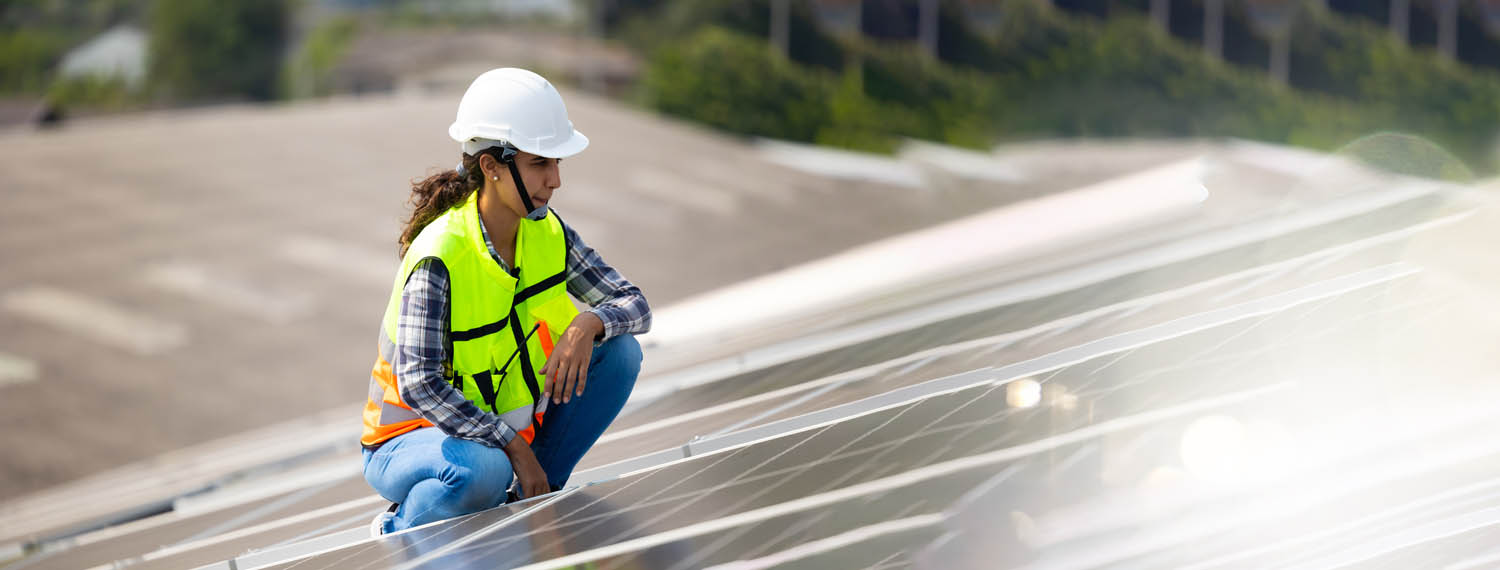“How can we transform mineral resources into fuel for sustainable development?” This has become a recurring question from many of the IGF’s 86 members—who also comprise most of the world’s major mining countries.
As the energy and technological transitions drive mineral demand, governments are looking beyond extraction. In many capitals, from the Global South to the G7, the extract-and-export development model is seen as shortsighted and akin to exporting jobs and even entire industries. Officials are asking hard questions: How much value can we add? How much will we keep? How do we build something lasting?
Value addition—the process whereby minerals are refined, processed, or otherwise used as inputs in the broader domestic economy—is top of mind. Across the globe, policy-makers are exploring how to develop in-country processing and manufacturing to drive broader economic change. For many, this is not just about building smelters and refineries. It is about building value into the whole system across economic sectors and in communities. It is about diversification and building sustainable and prosperous futures through jobs, skills, and industrialization.
In many capitals, from the Global South to the G7, the extract-and-export development model is seen as shortsighted and akin to exporting jobs and even entire industries.
In Southeast Asia and Africa, many countries are building regional value chains—not just to capture more value locally but to offer the world a credible alternative to concentrated markets. These regions are not just looking to participate—they are positioning themselves as strategic, reliable, long-term partners in a more diversified and resilient global supply chain.
Certainty and predictability are also top of mind, specifically regarding de-risking investment in mineral exploration. Without upstream investments, there will not be downstream value-addition opportunities. Greenfield exploration, notably among small companies, is slowing due to higher perceived risks, volatile prices, and geopolitical shifts. Many countries host critical minerals but struggle to unlock capital. They are looking for smarter, fairer ways to share risks.
Our members also see responsible mining as the foundation of economic resilience. Many are doing hard work to improve governance and transparency and enhance environmental oversight. But there are growing concerns that global tensions could derail—or even undo—consistent and transparent global rules, expectations, and agreements that facilitate mining in support of sustainable development.
These issues will be at the heart of our discussions at the upcoming 21st IGF Annual General Meeting (AGM), which will be held under the theme of Value Beyond Extraction: Rethinking Mining for a Resilient Future. The AGM is a unique forum that attracts mining policy-makers from around the globe, alongside key actors from industry, civil society, non-governmental, and international organizations. If you are working on these issues, we hope you can join us for the AGM at the Palais des Nations in Geneva, hosted by UN Trade and Development (UNCTAD) from November 3 to 5, 2025.

